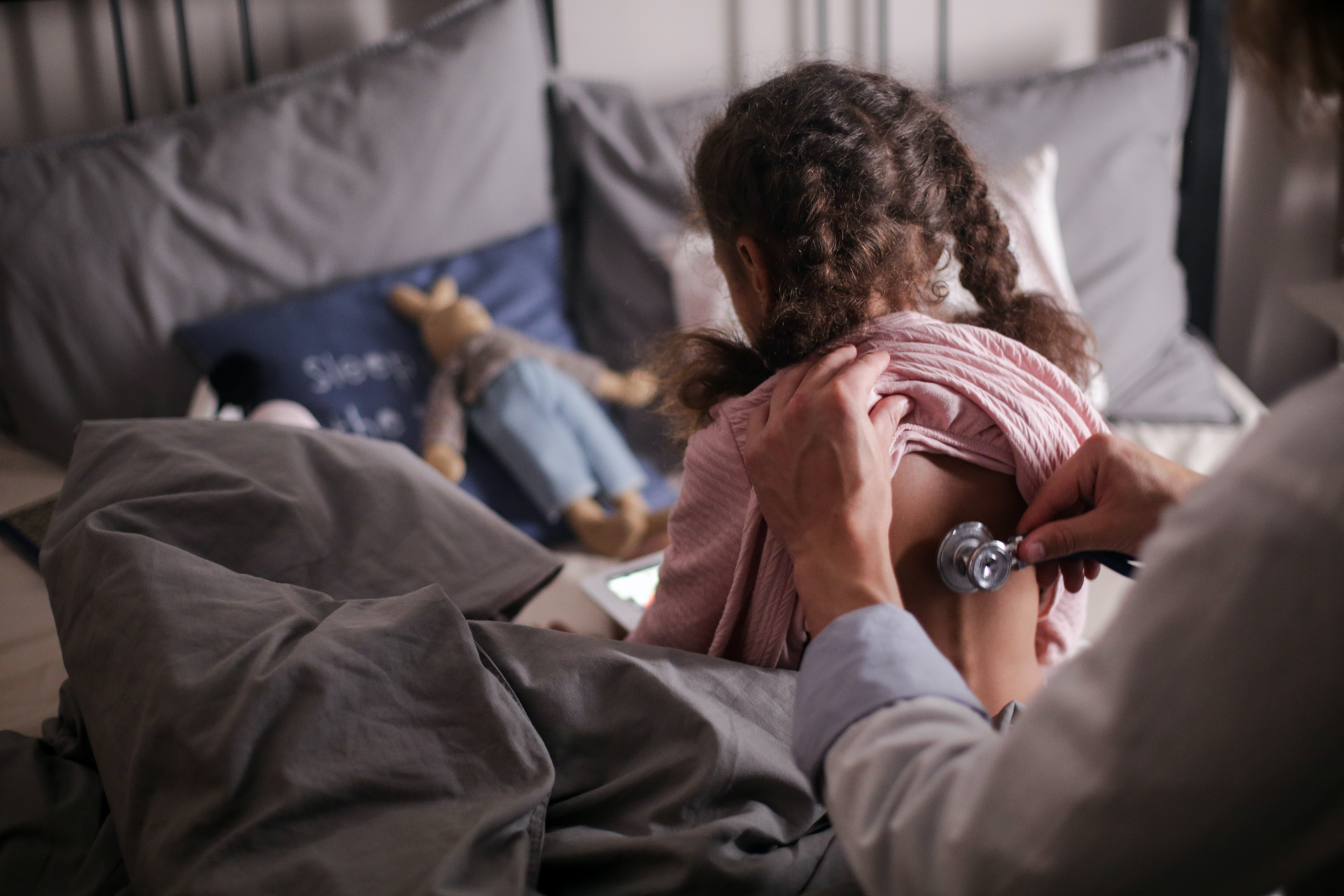

The Royal College of Paediatrics and Child Health (RCPCH) has warned of a “devastating resurgence” of the virtually eliminated life-threatening measles in London.
The medical body has included measles for the first time in decades under its guidelines on treating children with viral respiratory illnesses amid fears of an outbreak due to a decrease in vaccinations.
At least 149 cases, more than double compared to last year, of the highly infectious measles, were recorded in England from January to September 2023 amid a 10-year low in vaccine rates among children, data from the UK HSA (Health Security Agency) showed.
In 2022, there were only 54 confirmed cases.
The majority of the measles cases this year (60 per cent) were in London.
Factors like economic status, misinformation and geography contribute to the inequalities in immunisation coverage.
Although the World Health Organization (WHO) mandates at least 95 per cent of children to get the full Measles, Mumps and Rubella (MMR) vaccine by age five, the number of second jabs administered has dipped to 84.5 per cent in England and 74 per cent in London.
The figure is the lowest since 2010-11.
What’s Lewisham’s score in MMR vaccination?
The London borough of Lewisham fell below the 95 per cent MMR target set by the WHO.
Moreover, the area didn’t meet the minimum criteria for any childhood vaccinations.
According to NHS, 86.5 per cent of children in Lewisham got their first MMR jab at 24 months and 87.6 per cent by age five.
The percentage of youngsters in Lewisham being administered both doses of the MMR vaccine by their fifth birthday increased by 1 per cent to 80.4 per cent in 2022-23, as opposed to the previous year.
Dr. Camilla Kingdon, RCPCH president, said in a statement that wintertime is always difficult for healthcare professionals.
“To add another dangerous disease into the mix could bring our already fragile system to its knees. We are already starting to see the effects of this with measles outbreaks occurring in London, Wales and Leicester,” she added.
Kingdon also demanded answers from the UK government on the long overdue national vaccination strategy.
The first MMR shot is given to babies after they turn a year old and the second at the pre-school age of around three years and four months, providing over 99 per cent protection.
In London, Bromley recorded the highest coverage of children getting both doses by age five – 87 per cent – while Hackney had the lowest – 56 per cent.

The national guidance urged medical professionals to check the immunisation status of children, encourage MMR jabs, and the immediate isolation and testing of anybody reporting symptoms of the contagious disease.
Symptoms of measles include fever and rash and may also lead to fatal complications like meningitis.
The UKHSA, in July, predicted the possibility of a measles outbreak of nearly 160,000 cases in London.
In September, The NHS noted that more than 102,000 children in the country, including 32,000 in London, aged four and five were at risk of catching measles amid the start of a new school term.
Earlier this month, the NHS announced that the 2023-24 national vaccinations and immunisations catch-up campaign will focus on MMR.